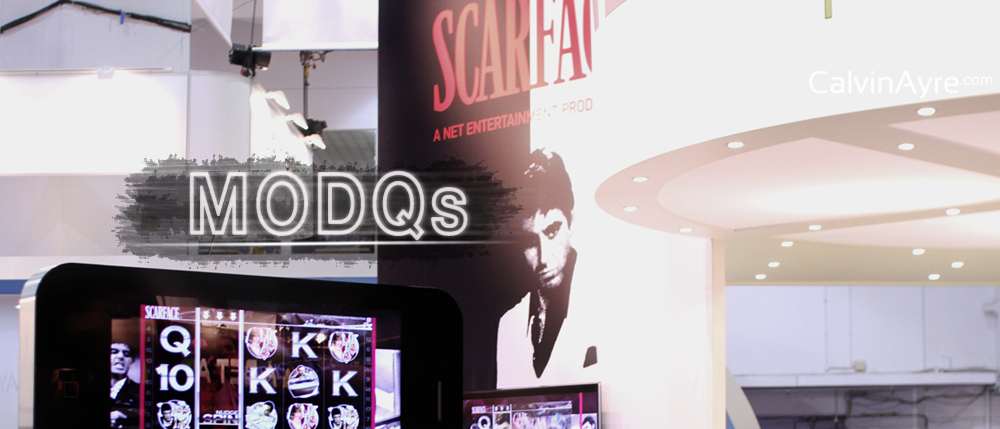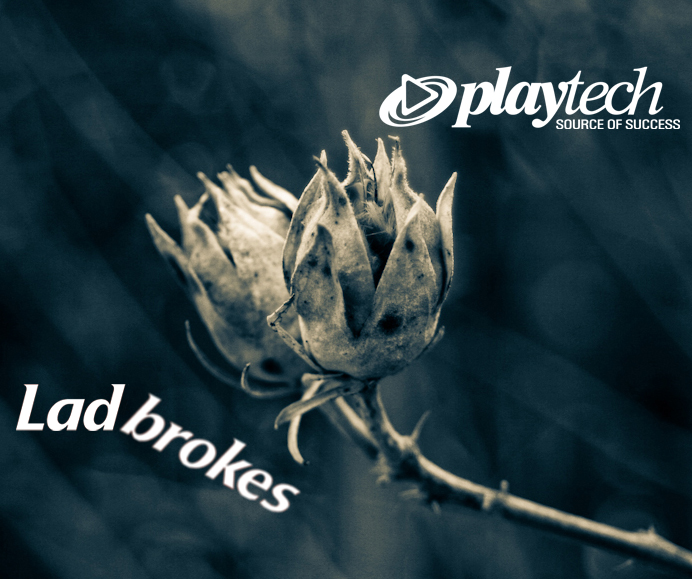The dust has pretty much settled on 2012. People have moved on, new products have launched, old products scrapped and allegiances made. Almost no one is talking about last year anymore. After all, we’re 77 days into 2013.
Despite the fact that we’re all desperate to see what tomorrow holds, the past can sometimes be one of the best ways to do this. It’s like the BBC television programme ‘Whitechapel’ where a detective inspector in London uses a historian to dig up similar cases from the past in order to provide clues or potential lines of inquiry into current cases.
But rather than murderers and Jack the Ripper copycats, in iGaming we’re looking out for indicators as to who may have put steps in place to improve performance and market share.
It’s only now in March that we finally get the full picture of what went on in the last year. As full year financial results roll in from the public companies, we get a pretty good idea of where they are and as a result we can begin to predict how they’ll fare in the near future.
Bearing this in mind, the question of who will be happiest with their performance in 2012 becomes a much more relevant question.

Across the Board
A common trend throughout the lifetime of the online gambling industry has been growth. That’s a natural trait of an industry that’s so new. From 2005 to 2010 the value of online gambling companies and the market within which they operated in more than triple.
After taking a hit in 2010 and 2011, we have returned to considerable growth across the iGaming industry according to Global Betting and Gaming Consultants’ (GBGC) Indices. From an indices value of 248.1 at the beginning of 2012 the companies listed on the iGBGC Index began 2013 with a total value of 289.1.
We can assume from this that there must be good news in most places – especially among the heavier hitters. On the public scene this includes Playtech, who top the iGBGC Index, bwin.party, Betsson and Betfair among others.
In the GBGC 50 Index, which includes companies from both land-based and online gambling companies, this increase is explained by the fact that five of the seven online companies in the top 50 have improved on their position from last year. Two of these iGaming companies – 888 and Net Entertainment – appeared on the list for the first time.
The only two to have seen their position slip during 2012 will come as no surprise to most as their troubles have been well documented. Bwin.party Digital Entertainment spend most of 2012 still getting to grips with their integration while Betfair have had numerous personnel changes in an attempt to fix their ailments. This effectively rules them out from being the answer to this article’s title.
Heavy Hitters
Moving up on the GBGC 50 Index and leapfrogging bwin.party to become the highest placed iGaming pureplay company was Playtech. The Israeli software company saw increases pretty much everywhere in 2012. Total revenues were up by 53% while net profit increased by 49%. Non-executive chairman Roger Withers described the year as ‘an exceptional period in the development of Playtech’ and on this evidence it’s hard to disagree with him.
Next on the list are Betsson who had a particularly impressive fourth quarter which contributed to their 27% increase in revenues and a 29% increase in operating profit. Unibet experienced a slightly more varied year as their profit after tax actually decreased from 2011 but gross winnings did increase by 28%. The new markets opening up to these two operators certainly stand them in good stead.
After eventually dealing with the closure of the US, 888 have come back strong and appear to be gearing up for their next, slightly more legal, assault on America. Their joint venture with Avenue Capital Group will provide them with a great opportunity to get involved in legal poker US markets – something that every operator would like to be able to do. While the future looks bright, the past isn’t exactly bleak either. Revenue increase in 2012 by 13% and the number of accounts increased by 23% which is all pretty impressive but you get the impression that the best is yet to come.
The last of the iGaming companies in the GBGC 50 Index is Net Entertainment who is continuing on their rapid ascent to become one of the top software companies around. NetEnt have seen consistent growth in recent years and 2012 was no exception as revenue increased by 23.2% from 2011 and profit by 18%.
Land-Based Converts
In the UK much of the online gambling space is taken up by companies that have a significant presence away from the internet. Of these, William Hill and Ladbrokes are the two who have arguable had the most impact. While their size may be similar, their success in online has differed though.
 While Ladbrokes reported an increase in group operating profit of 8%, their digital profits weren’t quite as handsome. However the digital net growth of 9%, acquisition of Betdaq and new deal with Playtech mean that they have much to look forward to.
While Ladbrokes reported an increase in group operating profit of 8%, their digital profits weren’t quite as handsome. However the digital net growth of 9%, acquisition of Betdaq and new deal with Playtech mean that they have much to look forward to.
Hills are in a very interesting position are the main question will be how they cope without Playtech’s significant influence in William Hill Online – a subsidiary that drove much of their online growth and positive figures in recent years. In 2012 these figures showed a 36% increase in operating profit and William Hill Online making up 32% of revenues.
Gala Coral and Rank were the major land-based casino operators that had moved online and they both had good things to say about 2012. Gala Coral saw an increase of 6% turnover while interactive gross profit increased by 9%. Rank had an overall revenue increase of 5% but profit wasn’t quite so impressive as it dropped by 4%.
The Irish funsters that are Paddy Power have also recently shown that they can also get business done. Total group income increased by a quarter in 2012 while profit went up by 6%.
Given the ease of access to their financial results, this list has only included public companies. To include private companies would have meant speculating which, while interesting, isn’t the concrete evidence that is of use in this instance.
What we can see is that shareholders across almost all iGaming companies should be pretty happy with where they stand. As new markets are being regulated constantly there are plenty of opportunities out there.
But it’s Playtech who will be particularly content. On the back of an exceptional year they’ve already had success with the sale of their stake in William Hill Online and a new deal with Ladbrokes. Given these wins and their past performance there appears to be only one way that Playtech’s stock is going.
